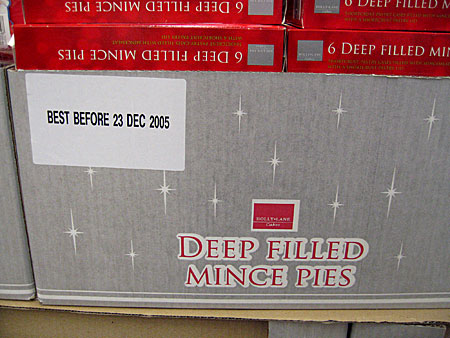Today’s Observer column about the long-term future for recorded music.
Rock star David Bowie wrote a thoughtful piece in the New York Times in June 2002 about the future of music. ‘The absolute transformation of everything we ever thought about music will take place within 10 years,’ he wrote, ‘and nothing is going to be able to stop it. I see absolutely no point in pretending that it’s not going to happen. I’m fully confident that copyright, for instance, will no longer exist in 10 years, and authorship and intellectual property is in for such a bashing. Music, itself, is going to become like running water or electricity…’
Later… Bill Thompson writes to point out that however perceptive Bowie may be, his lawyers are the usual troglodytes. Here’s a quote from a Thompson column on the subject:
David Bowie, or those of his advisors who shape his public image, has always been interested in the internet and launched a website and even an ISP long before any of his peers.
Now there is a competition for fans who are invited to make a mash-up of two or Bowie songs and send their work into the site.
At first this seemed like a brilliant idea. EMI is trying to suppress Danger Mouse’s Grey Album and getting lots of bad press, while Bowie encourages his fans to appropriate and reuse his music.
It seemed that the man really understood the ways in which digital technologies can encourage creativity and new forms of artistic expression – the site even suggests that you rip songs from the older albums you own to use in your work.
But if you go to the trouble of reading the terms and conditions you find that it just is not so.
The lawyers have got to them, so everyone who enters “irrevocably grants, transfers, sells, assigns and conveys to the sponsors, their successors and assigns, all present and future right, title and interest of every kind and nature whatsoever in and to the Mash-Up(s) for exploitation throughout the universe, in perpetuity, by means of any and all media and devices whether now known or hereafter devised”.
Suddenly it is not so friendly at all – you can take the stuff, make something really great with it, but it is still theirs.
Don’t you just love that phrase “all media and devices whether now known or hereafter devised”!


